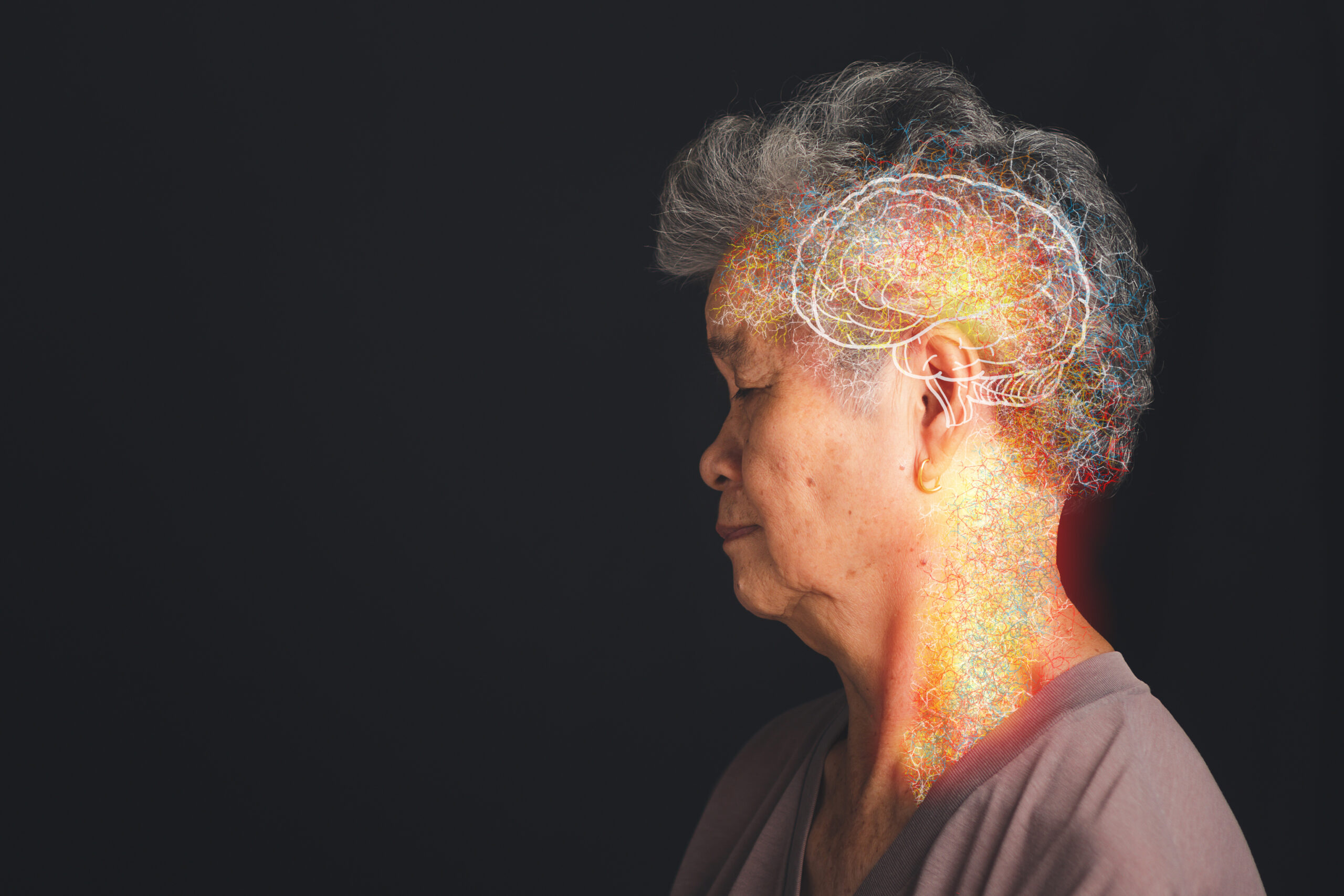Strategies for providing culturally sensitive dementia care
Providing culturally sensitive dementia care means understanding and respecting the unique cultural backgrounds of people living with dementia. This approach helps caregivers offer support that feels familiar, respectful, and meaningful to those they care for. Here are some straightforward strategies to make dementia care more culturally sensitive:
**1. Learn About the Person’s Culture**
Caregivers should take time to understand the cultural values, traditions, language, and beliefs of the person with dementia. This might include their views on family roles, health practices, food preferences, or spiritual needs. Knowing these details helps tailor care in ways that honor their identity.
**2. Use Language Access Services**
Communication is key in caregiving. If a person speaks a different language or dialect than the caregiver, using interpreters or translated materials can bridge gaps and reduce misunderstandings. Even simple gestures like learning basic greetings in their language show respect.
**3. Involve Cultural Brokers When Needed**
Sometimes caregivers can work with cultural brokers—people who understand both cultures well—to help navigate differences smoothly. These brokers can explain customs or mediate conversations so everyone feels heard and understood.
**4. Develop Care Plans That Reflect Cultural Practices**
Care plans should not be one-size-fits-all but instead reflect what matters most to each individual based on their culture. For example, dietary restrictions tied to religion should be respected; social activities might need adjustment according to cultural norms about interaction; even approaches to personal hygiene may vary.
**5. Create Culturally Safe Environments**
This means making sure that people feel emotionally safe as well as physically comfortable when receiving care—free from judgment or discrimination related to their culture or history.
For Indigenous populations living with dementia especially, it’s important that interventions are co-designed alongside community members themselves so they truly fit local ways of knowing and healing rather than imposing outside ideas.
By focusing on these strategies—learning about culture deeply; communicating clearly through language access; involving cultural intermediaries when helpful; tailoring individualized plans respectfully; and fostering environments where everyone feels safe—we can provide better support for people living with dementia from all backgrounds without losing sight of who they are at heart.





